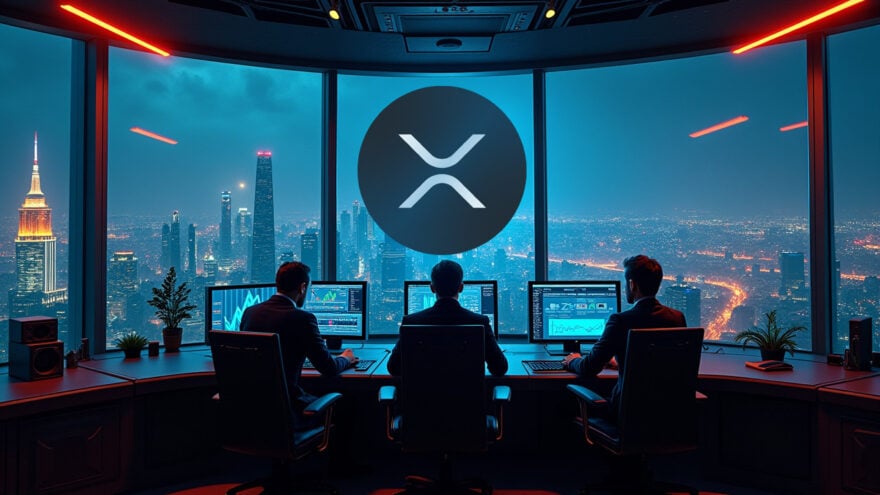Private property rights are the solution to crypto mining noise pollution | Opinion

Disclosure: The views and opinions expressed here belong solely to the author and do not represent the views and opinions of crypto.news’ editorial.
Migraines, emergency room trips, vertigo, seizures, rattling windows, and unsellable homes—these are just some of the ailments affecting residents who live near crypto mines throughout the US. Complaints come from residents near Bitcoin mining centers in Iowa, Indiana, Nebraska, Texas, and upstate New York.
For instance, residents in Granbury, Texas, have complained to public officials about one mine’s nonstop cacophony that keeps them awake at night, gives them migraines, and causes wildlife to flee the region. The hum comes from large cooling fans, which keep the equipment from overheating. Concerns out of Texas are amplified by the state’s fragile energy grid, as underscored by the 2021 deep freeze in which millions went out of power and some perished.
Texas state law reads that unreasonable sound exceeds 85 decibels. Readings taken from around the Granbury mine read 103 decibels. A cardiologist told Time that chronic exposure to more than 60 decibels could harm the cardiovascular system. The fine for breaking the law in Texas is $500. In the event of repeated violations, there could be injunctive relief.
Residents in the pro-industry and anti-regulation Granbury believe there needs to be some remedy in such a situation, and they’re right. Their complaints outline the one legal claim to be made against cryptocurrency miners revolving around property rights.
How to make Bitcoin mines good neighbors
Learned market enthusiasts argue that the best challenge to Bitcoin mine pollution is found in property rights and nuisance laws. One of the symptoms mentioned above in people inside their own homes is a type of trespass.
Property rights allow individuals to hold polluters accountable. It’s clear how oil spills or toxic waste disposal could constitute an enforceable property rights violation. Such rights can be applied to noise pollution, too, and in the context of crypto mines.
Alongside solid property rights, nuisance torts can effectively moderate noise pollution. Inspired by anarcho-capitalist theorist Murray Rothbard, this approach prioritizes the absolute rights of individuals to use and enjoy their property free of interference with a strict burden of proof on plaintiffs who allege damages and is enforced by courts.
Such an approach would lead to less noise pollution, as well as incentives to innovate quieter crypto mining technologies. It’s a sensible approach to solving a growing problem in the US. There’s no need to ban crypto mines outright. They can be easily regulated with local and state ordinances that secure property rights. Homeowners and crypto mines do not need to be at odds with one another. And it is not an old problem; there are ways to protect both residents and businesses.
An approach based on individual liberty would entail torts against polluters, property rights, and nuisance laws. Individuals aggressed against by noise could seek injunctions and damages. This approach would internalize ‘sound externalities’ and force responsibility on crypto miners. What would result is quieter mining methods and stricter noise pollution management standards. It is the approach that the crypto industry in the US should advocate.
Another approach, pursued in George by Republican Rep Scott Hilton, would block local officials from passing noise limits specific to centers. This wrestles local control out of the hands of towns and cities and places it firmly at the state level.
There are both practical and theoretical solutions to this problem. On the practical front, one Bitcoin miner constructed a 24-foot sound barrier wall. The wall dampened the sound in some areas but made the sound even louder than before in others. Miners ought to agree to shut off in the case of a grid failure. Regulators could offer a fixed power credit.
At the level of theory, a property rights-focused approach could solve the noise pollution issue faced by crypto mines. Lawmakers and courts would be tasked with putting this approach to the test.














